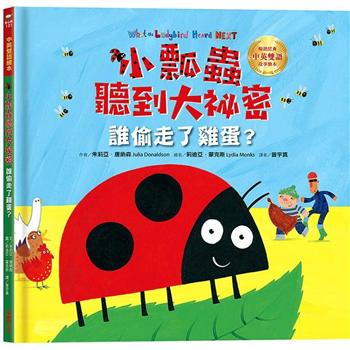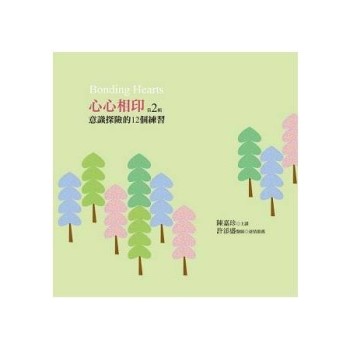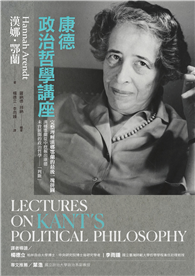Australians Speak Out assesses rhetorical stylistic choices of public figures in a representative democracy, referencing over 20 notable Australians from the 1890s to modern times. Includes full texts of 15 noteworthy speeches and writing on Federation, womanhood suffrage, trans-Australia communication, artistic appreciation, allied support in war, recognition of Churchill, land rights, national partnership in the Pacific, law reform, economic cooperation, transformation of Brisbane City, national reconciliation, gun control, non-sexist behaviour, and the coronavirus pandemic. The book illustrates how ordinary words move hearts and minds, describing metaphor, democratic symbols, humour, polemic, propaganda, and other elements of style. Insights to evaluate or prepare public discourse, including digital media.
Identifies 18 ways that speakers and writers choose language to find common ground: "...passionate people who wielded their words as firmly and effectively as battlefield swords and guns ...key lessons about using everyday language to reach people ...highly recommended..." (D. Donovan, Senior Reviewer, Midwest Book Review). "A fascinating, monumental book that should be compulsory for all history and politics students and many others." (Roslyn Petelin PhD, Honorary Associate Professor, School of Communication and Arts, The University of Queensland and author, How Writing Works). "Miller’s... keen eye, quick prose, and strong choice of material keep the reader engaged..." (Harry Hobbs PhD, Associate Professor, University Technology Sydney Faculty of Law in Australian Law Journal).
Assesses language of Sir Samuel Griffith (chief justice 1903-19); Louisa Lawson (poet, writer, publisher, activist for women’s suffrage, 1848-1920); Alfred Deakin (prime minister, 1903-05, 1905-08, and 1909-10); Sir Robert Menzies (prime minister 1939-41 and 1949-66); John Curtin (wartime prime minister 1941-5); Gough Whitlam (prime minister 1972-5); Oodgeroo of the Noonuccal Tribe [Kath Walker] (poet, artist, author, and activist for First Nations, 1920-93); Bob Hawke (union leader, then prime minister 1983-91); Kevin Gilbert (author, artist, poet, and activist for First Nations, 1933-93); Germaine Greer (author, academic, and activist for women’s rights, born 1939-); and Michael Kirby (law reforming jurist and High Court justice 1996-2009).
More recent, powerful speeches assessed include prime ministers Paul Keating on reconciliation in 1992, John Howard on arms recall after Port Arthur in 1996, Kevin Rudd on the Apology in 2008, and Julia Gillard on sexism in 2012, a powerful eulogy for prime minister Gough Whitlam by Noel Pearson in 2014, and a broadcast on the coronavirus pandemic by prime minister Scott Morrison in 2020. Others reviewed include Sallyanne Atkinson, Sir Joh Bjelke-Petersen, Sir Macfarlane Burnet, Fred Daly, Sir John Forrest, Malcolm Fraser, W.M. Hughes, Ned Kelly, Sir James Killen, Peter Lalor, Dame Enid Lyons, Sir Ian McLennan, Dame Nellie Melba, Andrew Peacock, Sir George Reid, Susan Ryan, and more.












